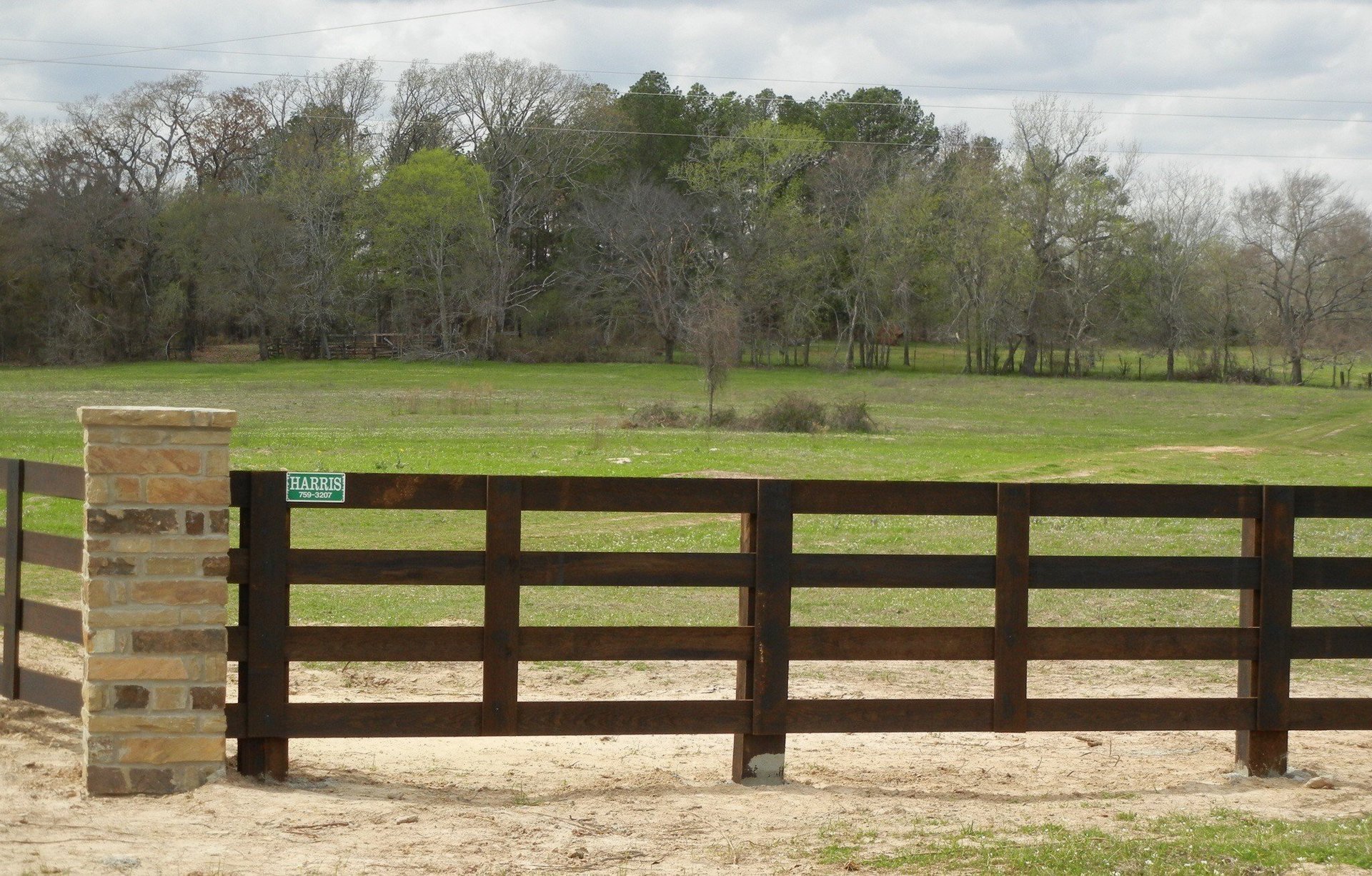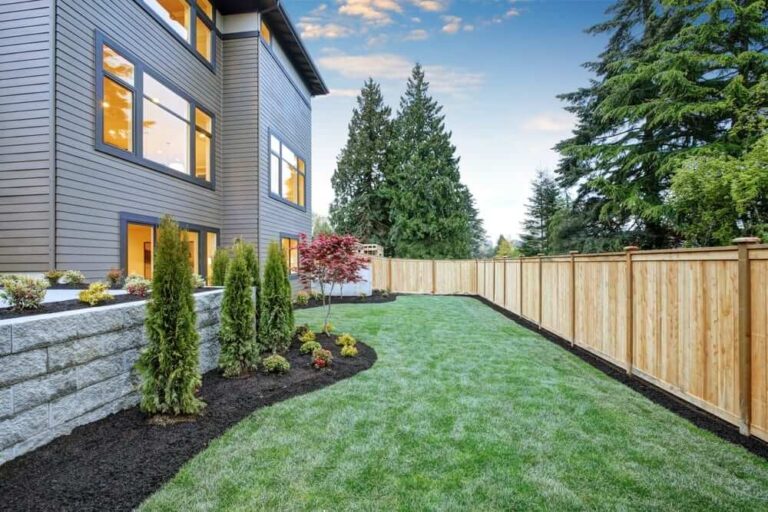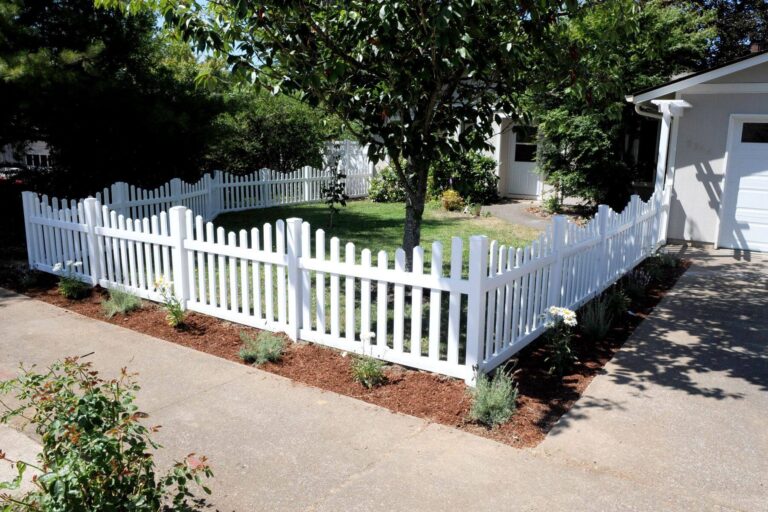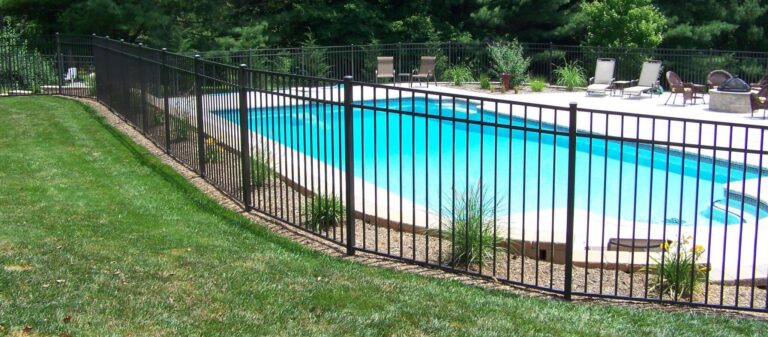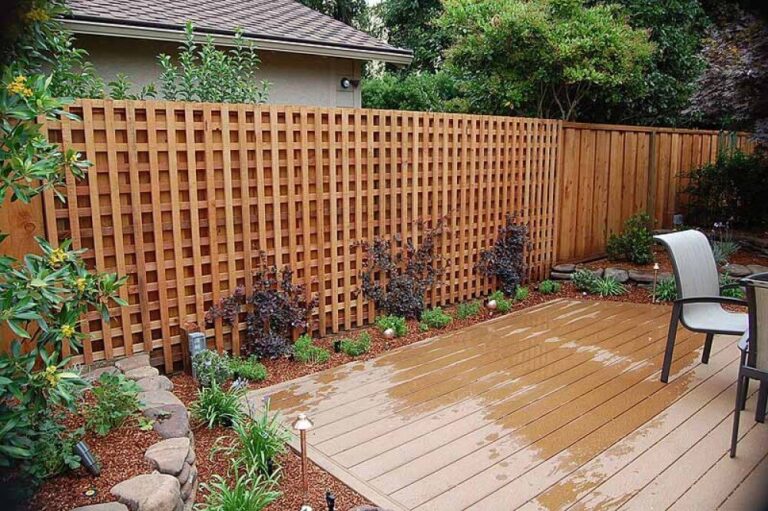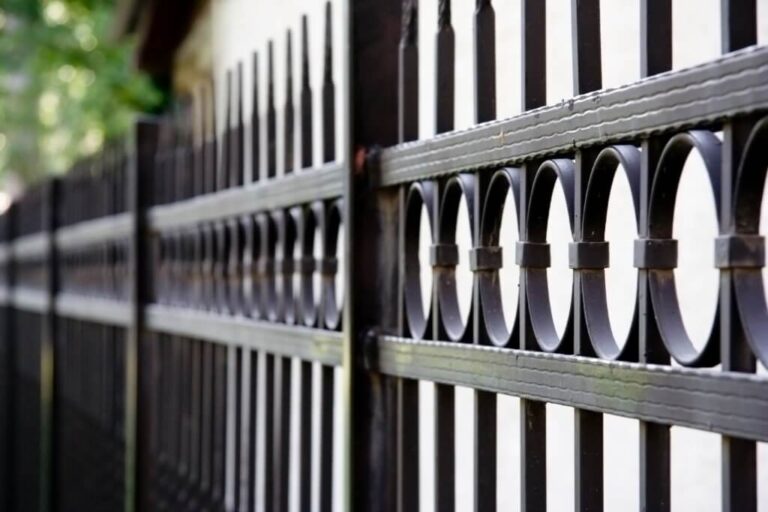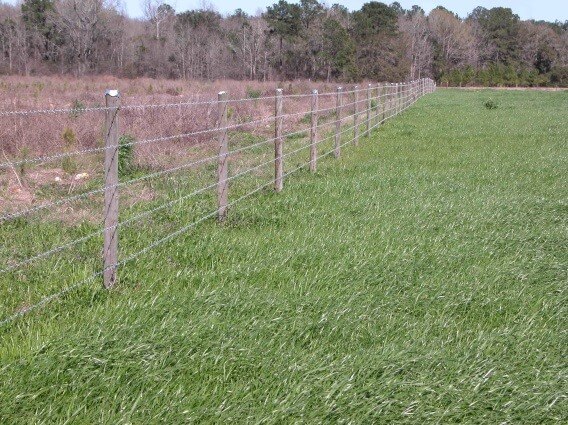When choosing fencing for agricultural properties, consider the type and size of livestock, terrain, and budget. Fencing options such as barbed wire, electric, and woven wire provide different levels of security and containment for various livestock.
Understanding the specific needs of your agricultural property and consulting with fencing experts can help you make the best decision for long-term security and durability.
It’s important to select fencing that meets industry standards and local regulations to ensure the safety of your livestock and property.
By considering these factors, you can make an informed decision when choosing fencing for your agricultural property.
This guide will provide valuable insights on how to select the most suitable fencing for your unique agricultural needs.
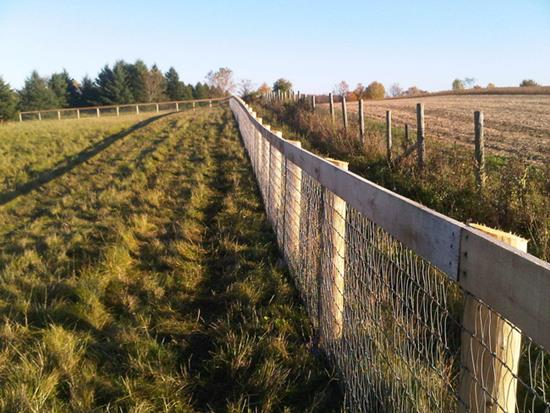
Factors To Consider When Choosing Agricultural Fencing
When selecting fencing for agricultural properties, several crucial factors need to be taken into account to ensure the successful protection of livestock and crops.
The appropriate fencing choice can significantly impact the efficiency and safety of an agricultural operation. Below are the key considerations when choosing agricultural fencing.
Property Size And Layout
For any property size, selecting high-quality fencing is key. For exceptional fencing solutions tailored to agricultural needs, Get Started with Your Free Estimate at San Mateo Fencing.
They offer expert guidance on materials and designs that add value and functionality to your property, ensuring your investment is both practical and lasting.
Protection Requirements For Livestock And Crops
Protecting livestock and crops is a primary function of agricultural fencing.
The specific requirements for livestock containment and protection of crops from wildlife will influence the choice of fencing materials and design.
Livestock fencing should be sturdy and high enough to prevent escape and protect animals from predators, while crop protection fencing may need to be designed to deter or exclude specific types of wildlife.
Environmental Factors
Environmental factors, such as weather conditions, terrain, and soil type, should be considered when selecting agricultural fencing.
Understanding the environmental conditions will help choose materials and designs that can withstand elements and minimize environmental impact.
Fencing that is durable and suitable for the local climate and soil will ensure long-term effectiveness and minimal maintenance.
Types Of Agricultural Fencing Materials
When it comes to choosing the right fencing for agricultural properties, understanding the different types of fencing materials available is crucial in making an informed decision.
Each type of material comes with its own set of benefits and considerations to take into account, depending on the specific needs of the agricultural property.
In this article, we will delve into the various types of agricultural fencing materials, including wooden, wire, barbed wire, electric, and vinyl fencing options.
Wooden Fencing
Wooden fencing is a classic and traditional choice for agricultural properties due to its durability and aesthetic appeal.
Built from sturdy and robust wood materials such as cedar or oak, wooden fences provide a natural and rustic look while effectively securing livestock and property boundaries.
Wire Fencing
Wire fencing, including woven wire and high-tensile wire, is a versatile option ideal for containing livestock and protecting crops.
Wire fencing is known for its strength and flexibility, making it suitable for various agricultural applications.
Barbed Wire Fencing
Barbed wire fencing is a cost-effective solution for agricultural properties seeking to deter wildlife and unauthorized entry.
With sharp barbs spaced along the wire, barbed wire fencing acts as a deterrent without obstructing the visibility of the surrounding areas.
Electric Fencing
Electric fencing is an efficient and low-maintenance option for agricultural properties, providing a mild shock to deter livestock and wildlife from breaching boundaries.
Electric fencing is customizable and can be easily installed to accommodate various property layouts and sizes.
Vinyl Fencing
Vinyl fencing offers a modern and low-maintenance fencing solution for agricultural properties.
Vinyl fences are resistant to rot, rust, and pests, and are available in a range of styles and colors, providing both functional and aesthetic benefits for agricultural properties.
Evaluating Durability And Maintenance Needs Of Fencing Materials
When choosing fencing for agricultural properties, it’s crucial to carefully evaluate the durability and maintenance needs of different fencing materials.
Understanding the lifespan, weather resistance, and upkeep requirements of these materials can help you make an informed decision that will provide long-term benefits for your property.
Lifespan
One of the key factors to consider when evaluating fencing materials is their lifespan.
Different materials have varying life expectancies, and it’s essential to choose a fencing option that offers long-term durability to withstand the rigors of agricultural environments.
Materials like vinyl and metal often have longer lifespans compared to traditional wood fencing options.
Weather Resistance
Weather resistance is a critical consideration for agricultural fencing, as it ensures the longevity and overall effectiveness of the fencing.
Weather-resistant materials such as vinyl and metal can withstand exposure to harsh elements such as rain, snow, and intense sunlight without experiencing significant damage.
This resilience is important for maintaining the structural integrity of the fencing over time.
Upkeep Requirements
Understanding the upkeep requirements of fencing materials is essential for maintaining the appearance and functionality of agricultural fencing.
Certain materials, such as vinyl, require minimal maintenance and can be easily cleaned with basic washing, whereas wood fencing may necessitate regular treatments to prevent decay and insect damage.
Considering the long-term maintenance demands of different fencing materials can help mitigate future costs and labor efforts.
Selecting The Right Fencing Style
When it comes to agricultural properties, choosing the right fencing style is crucial for ensuring the safety and security of livestock and crops.
Each fencing style offers unique benefits suited for different purposes, so it’s essential to consider the specific needs of your property before making a decision.
In this guide, we’ll explore the different fencing styles such as mesh, board, high-tensile, rail, and woven wire, and provide insights to help you make an informed choice for your agricultural fencing needs.
Mesh
Mesh fencing is often used for containing small livestock such as poultry and rabbits.
It provides secure containment while also allowing visibility, which can be beneficial for keeping an eye on the animals.
Mesh fencing is available in various wire gauges and configurations, offering flexibility to suit different needs.
Board
Board fencing, also known as post and rail fencing, is a popular choice for marking property boundaries and containing large livestock.
It consists of horizontal boards or rails attached to sturdy vertical posts, creating a sturdy and visually appealing barrier.
Board fencing can be customized with various types of wood, giving property owners options for durability and aesthetics.
High-tensile
High-tensile fencing is designed to withstand heavy pressure and maintain its shape, making it a durable option for containing large livestock.
This fencing style utilizes high-strength wire and tensioning systems to create a resilient barrier.
High-tensile fencing requires less maintenance and is cost-effective over the long term due to its durability.
Rail
Rail fencing is commonly used in agricultural properties for its rustic charm and effective containment of horses and large livestock.
This fencing style features horizontal rails attached to sturdy posts, providing a classic and secure enclosure.
Rail fencing comes in various materials such as wood, PVC, and composite, offering flexibility in terms of aesthetics and durability.
Woven Wire
Woven wire fencing is a versatile option suitable for various agricultural applications, including livestock containment and protection of crops from wildlife.
Its woven design creates a sturdy barrier capable of withstanding pressure from animals and environmental factors.
Woven wire fencing is available in different heights and configurations, making it adaptable to diverse agricultural needs.
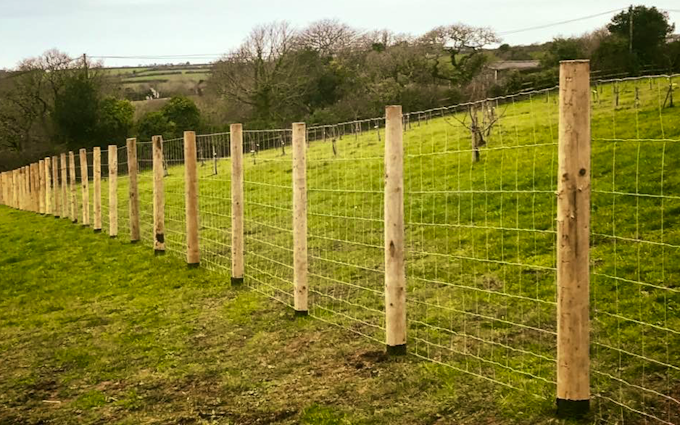
Frequently Asked Questions
What Should I Consider When Choosing Fencing For Agricultural Properties?
When selecting fencing for agricultural purposes, consider the property size, livestock type, and budget.
How Do Different Fencing Materials Affect Agricultural Properties?
Different materials such as wood, wire, and electric fencing offer varying levels of durability, maintenance, and cost.
What Are The Key Factors To Keep In Mind For Fence Installation On Agricultural Properties?
Key factors for fence installation include property terrain, weather conditions, and compliance with local regulations and standards.
Conclusion
In selecting the right fencing for your agricultural property, it’s important to consider the specific needs and challenges of your land.
By prioritizing durability, functionality, and cost-effectiveness, you can ensure that your fencing meets your agricultural requirements.
With the right choice, you can protect your property and livestock while maximizing your investment.

